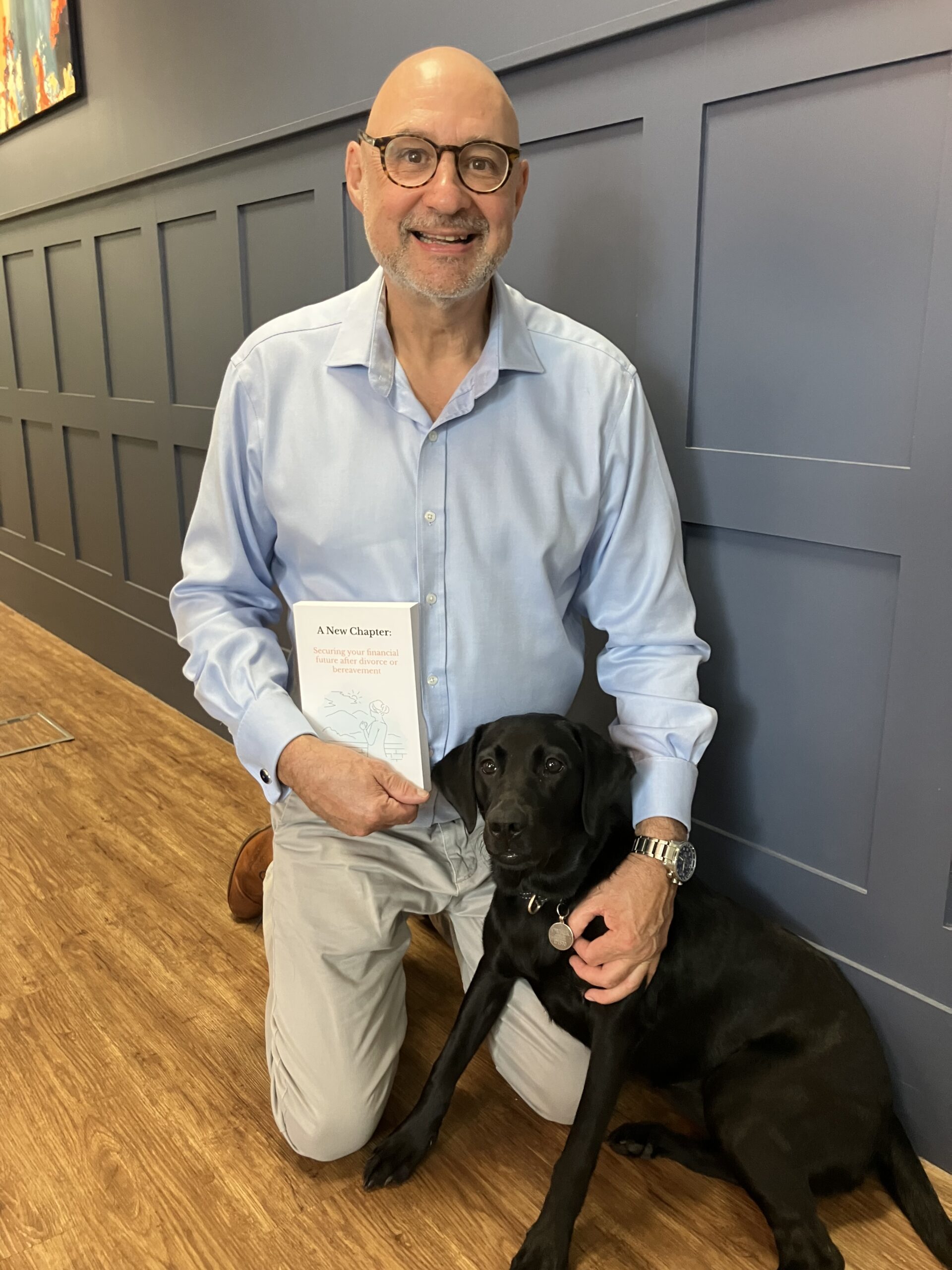It was with great sadness that fans of the culinary duo, the Hairy Bikers, learned of the death of Dave Myers in February 2024.
Myers, and his presenting partner Si King, were widely loved for their enthusiasm for food and travel, and cheeky sense of humour.
So, you may be shocked to read that, following Myers’ death, fans of the Hairy Bikers received messages from an Instagram account pretending to be King and asking for donations for Myers’ family. WalesOnline reported that the Hairy Bikers’ page was forced to warn people of the scam that targeted mourning fans of the duo.
Unfortunately, it’s not uncommon for criminals to target vulnerable people who have recently lived through difficult events. The trauma and stress surrounding these events can leave you vulnerable to falling victim to a scam.
Read on to learn how, and to discover ways you can protect yourself.
Experiencing loss can make you more vulnerable
Following a loss such as a divorce or death of a spouse, you may find yourself more vulnerable than you would be at other times.
This is a common experience. Newsweek published the upsetting story of Phil Tarman who, following the death of his wife, was scammed out of tens of thousands of dollars.
In the weeks after his loss, Tarman was experiencing grief and only sleeping three and a half hours a night. He said: “I honestly do not think I would have fallen for this scam if I hadn’t been so tired, and so full of grief. I wasn’t thinking straight.”
Criminals will use a range of methods to target vulnerable people
One of the best ways to protect yourself from falling victim to a scam is to educate yourself on the techniques that fraudsters use.
Following the loss of your partner, you may find yourself solely responsible for your finances for the first time, leaving you vulnerable to falling victim to a pension or investment scam.
Here, a criminal poses as a representative of a trusted, regulated firm and offers you the opportunity to invest in a seemingly legitimate scheme. However, typically these schemes don’t exist, and the fraudster will pocket your money instead of investing it.
Alternatively, as in the example of Phil Tarman, a scammer may contact you claiming that your finances are at risk. They’ll persuade you to go to your bank and withdraw cash or transfer money to be deposited in a “safe” account – an account that belongs to the fraudster.
When you transfer money to a bank account owned by a scammer, they’ll usually move your money immediately to a second, often international, bank account, making it almost impossible to recover.
Fraudsters are also increasingly targeting individuals through so-called “romance scams”.
If you find yourself newly single, you may be dating for the first time in a long time. Though there’ll be many wonderful people out there for you to meet, it’s important to be wary of criminals who impersonate someone online and build a relationship with you, earning your trust and eventually asking for money.
Nationwide report that women lost an average of £10,610 to romance scams in 2023, with men losing £8,181.
There are many ways you can protect yourself from criminals
Beyond educating yourself on common scam types, if you’ve recently suffered a major life event and feel you may be in a more vulnerable position than normal, there are several steps you can take to protect yourself:
- Check you’re being contacted by a genuine party. If you’re unsure, use an official customer service contact number.
- Don’t be persuaded to act there and then. If someone is asking you to do something, hang up, stop and think, and talk to someone you trust like family or friends. This can quickly help you gain perspective on whether a communication is genuine.
- Working with a financial planner can reassure you that any decisions you make are carefully considered. If you’re contacted by a criminal claiming to work for an investment firm or similar, you will be better positioned to identify this as a scam.
The above tips can be useful for anyone at any time. Read about four red flags that could be signs of a scam and what you need to know about them to protect yourself further.
Get in touch
If you’ve recently separated from or lost your partner and are looking for advice from a financial adviser in Essex on how to plan for your new financial future, speak to us at Solus Financial Planning.
To find out how we can help please email hello@solusfinancial.co.uk or call us on 01245 984546.
Please note
This article is for general information only and does not constitute advice. The information is aimed at retail clients only.


